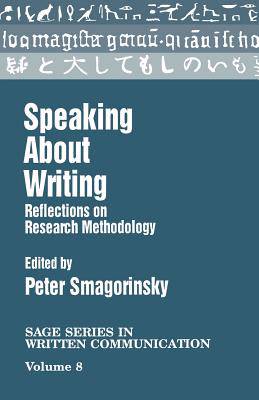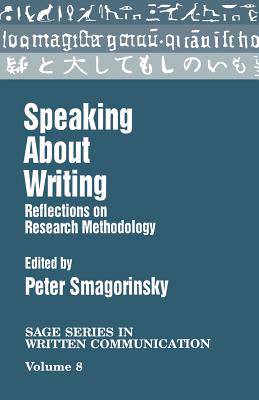
- Retrait gratuit dans votre magasin Club
- 7.000.000 titres dans notre catalogue
- Payer en toute sécurité
- Toujours un magasin près de chez vous
- Retrait gratuit dans votre magasin Club
- 7.000.0000 titres dans notre catalogue
- Payer en toute sécurité
- Toujours un magasin près de chez vous
Description
This is not a ′how-to-do′ book; it is a ′why-to-do′ book. What is powerful about these chapters is that they are theory driven, and they thus allow us as researchers to understand when and why particular methodologies are appropriate for investigating particular problems in particular situations. The book is, therefore, in an important sense, a ′why-you-shouldn′t′ book because the authors deliberate on how the motivating theory for research is tied to the theoretical grounds for choosing a methodology. The authors grasp and reflect on the need for a researcher to fully understand a methodology′s power and its limitations. They urge researchers to consistently pose the questions: Why should I use this method? What does it yield? What lens does it provide for the problem I am investigating? What must I account for in employing it? Speaking About Writing provides not only a range of methodologies to consider for the investigation of writing, but situating them in the context of one another enables the reader to consider the relative merits of each. Above all, the authors stress that research is driven by problems rather than methods, and that premise helps researchers consider what is potentially available through the tools provided by different methodologies." --William Smith, University of Pittsburgh Used as a comprehensive text and research tool, Speaking About Writing focuses on the issues involved in the collection, analysis, and interpretation of data. The approach goes beyond mere quantitative/qualitative differences to examine and critique the very underpinnings and assumptions of the distinct methodologies. Distinguished scholars discuss different writing methods--stimulated recall, think-aloud analysis, retrospective analysis, and intervention analysis. Contributors in discourse analysis look at the ways in which individuals interact with other members of the writing community during a more extended writing process--problem discussion, draft feedback and revision, and teacher conferences. Finally, concluding chapters allow for responses from critics to earlier chapters in order to provide clarification and explanation. Speaking About Writing is the perfect text for scholars and students in written communication (composition and english), communication, research methods, and psychology (cognition).
Spécifications
Parties prenantes
- Auteur(s) :
- Editeur:
Contenu
- Nombre de pages :
- 308
- Langue:
- Anglais
- Collection :
- Tome:
- n° 8
Caractéristiques
- EAN:
- 9780803952324
- Date de parution :
- 01-01-95
- Format:
- Livre broché
- Format numérique:
- Trade paperback (VS)
- Dimensions :
- 142 mm x 216 mm
- Poids :
- 485 g

Les avis
Nous publions uniquement les avis qui respectent les conditions requises. Consultez nos conditions pour les avis.






